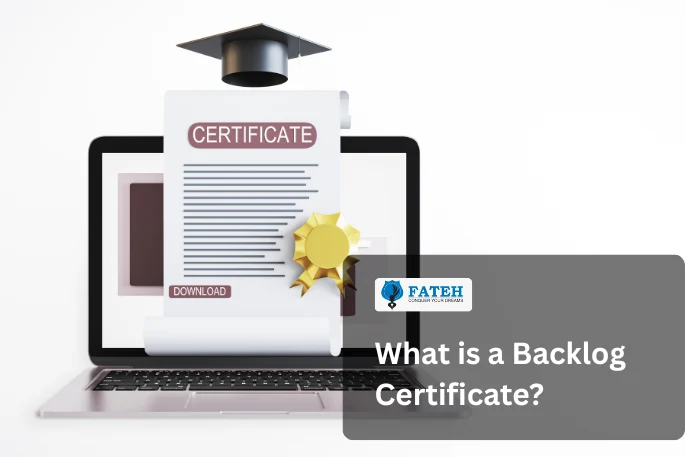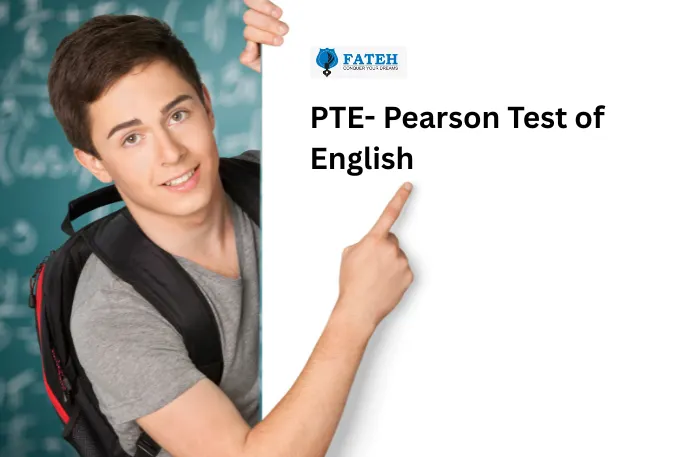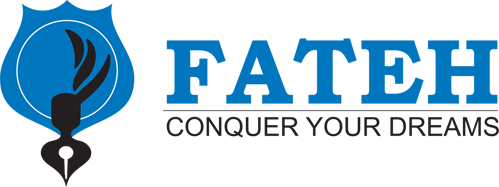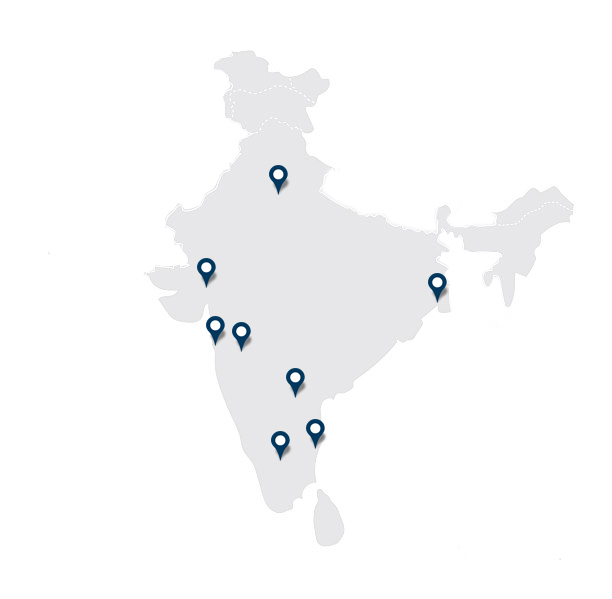What is a Backlog Certificate?

Purpose & Types of Backlog Certificates: A backlog certificate officially documents failed/repeated subjects in a student’s academic record. It comes in various formats (semester-wise, subject-wise, consolidated) and serves as crucial documentation for university applications abroad.
Application Process & University Requirements: Students must request backlog certificates from their university’s examination cell, submitting mark sheets and ID proofs.
Mitigating Backlogs in Applications: Students with backlogs can strengthen their profile through improved later-semester grades, strong standardised test scores (GRE/IELTS) and compelling SOPs explaining setbacks. Many universities value resilience and growth, provided backlogs don’t exceed their threshold.
What is Full Form of PTE?

PTE Exam Overview & Structure: The Pearson Test of English (PTE) is a 2-hour computer-based test assessing Speaking, Writing, Reading and Listening skills. Results are declared within 48 hours and remain valid for two years. The exam is accepted by over 3500 institutions globally.
Flexible Test Options & Quick Processing: PTE offers multiple versions (PTE Academic, UKVI, Core, and Home) tailored for study, work, or immigration. Its AI-driven evaluation ensures fast, unbiased scoring, ideal for time-sensitive applications.
Career & Academic Advantages: A strong PTE score enhances opportunities for studying abroad, securing employment, and meeting visa requirements. The test’s focus on real-life English skills prepares candidates for academic and professional success, with no negative marking and scores ranging from 10–90.
Popular Courses After Bcom in Abroad

Specialised Programme Options: B.Com graduates can pursue niche courses like FinTech (University of Warwick), Sustainable Finance (Edinburgh) and Aviation Finance (University of Limerick). These programmes blend commerce with emerging sectors, offering direct pathways to high-growth careers.
Career & Salary Prospects: Graduates from UK/Irish universities command starting salaries of £30,000-£45,000 in fields like risk analysis and international taxation. Ireland’s two-year post-study work visa and the UK’s Graduate Route provide significant employability advantages over domestic Indian opportunities.
Strategic Selection Criteria: Choosing the right course involves evaluating industry-aligned curricula, embedded certifications (ACCA/CFA) and graduate outcome data. Early visa planning ensures smooth transitions.
Life in Ireland For Indian: Lifestyle, Higher Education, and Traditions

Education & Career Advantages: Ireland hosts 9 of the world’s top 10 pharmaceutical companies and European HQs of tech giants like Google. The Third Level Graduate Scheme allows 2 years post-study work, with average starting salaries of €35,000-€45,000 for international graduates.
Cost & Lifestyle Considerations: Dublin’s high living costs (€1,200-€1,500/month) contrast with more affordable options in Galway and Cork. While accommodation shortages exist, cities offer dynamic Indian communities with cultural events and grocery stores easing the transition.
Cultural Adaptation: Ireland’s friendly, English-speaking environment helps integration, though weather and academic independence may challenge some. The compact size enables easy travel, while universities provide strong support systems for international students.
Best MBA Colleges in UK for Indian Students 2025

Programme Diversity & Industry Links: UK MBA programmes offer 12-18 month intensive formats with specialisations in fintech, healthcare and sustainability. Top schools like LBS and Cambridge provide direct industry access through consulting projects with firms like Barclays and Unilever.
Financial Investment & Returns: Tuition ranges from £13,000-£90,000 with average post-MBA salaries of £65,000-£100,000. The Graduate Route visa allows 2 years post-study work, while scholarships like Chevening cover full costs for exceptional candidates.
Admission Flexibility: While top schools require 650+ GMAT and 3-5 years’ experience, 30% of UK MBA programmes waive GMAT for professionals with 7+ years’ experience. Work experience trumps academics at many institutions, with entrepreneurial achievements valued alongside corporate roles.
Merit Based Scholarships: Meaning, Eligibility & How You Can Get It

Core Benefits & Recognition: Merit-based scholarships offer financial support (typically £1,000-£40,000) while validating academic excellence. Beyond tuition coverage, they provide access to exclusive networks, research opportunities and enhanced employability through prestigious recognition.
Strategic Application Approach: Successful candidates combine academic brilliance (minimum 3.5 GPA or first-class marks) with compelling personal narratives. Essential elements include tailored personal statements, targeted recommendation letters and evidence of leadership potential beyond grades.
Global Opportunities: Prestigious programmes like Chevening and Commonwealth Scholarships prioritise candidates demonstrating real-world impact aligned with their mission. Early research (12-18 months pre-deadline) and interview preparation significantly improve success rates.
Canada vs Ireland: Which is Better for Indian Students?

Academic & Career Prospects: Canada offers research-intensive programmes with strong STEM focus and easier PR pathways while Ireland excels in tech, pharma and finance with accelerated one-year Master’s degrees. Both provide post-study work visas in sectors like data science, healthcare and engineering.
Cost & Duration Comparison: Ireland’s shorter course durations (1-year Master’s) reduce tuition costs (€10,000-25,000/year) versus Canada’s typically longer programmes (CAD 15,000-35,000/year). Living costs in Irish cities outside Dublin are 20-30% lower than major Canadian hubs like Toronto or Vancouver.
Visa & Settlement Pathways: Canada’s Student Direct Stream (SDS) processes visas faster (20 days) with clearer PR routes through Express Entry. Ireland offers simpler visa documentation but requires 5+ years of employment for PR eligibility.

